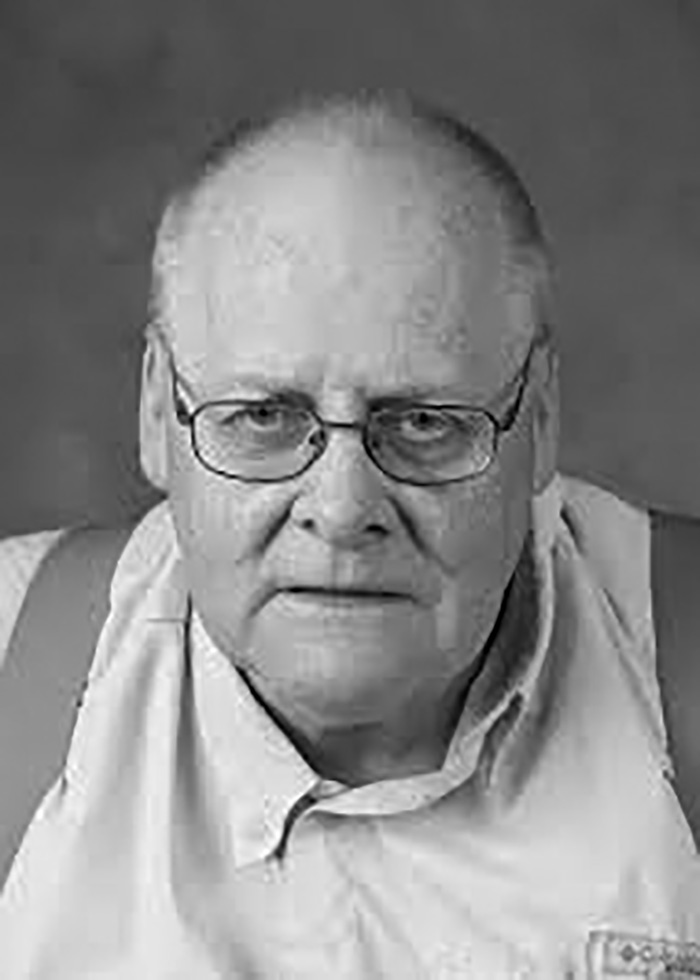OPINION —
In the 1983 movie “Terms of Endearment,” a young woman character is the best friend of another young woman who is succumbing to cancer. The friend said to the hospitalized woman, “You are my touchstone, Emma.” She is telling her ill friend she will be hugely missed. She was always reachable, always sympathetic and always there for her friend.
Merriam-Webster, a leading American dictionary, has as the primary usage for a touchstone, “a piece of fine-grained dark schist or jasper formerly used for testing alloys of gold by observing the color of the mark which they made on it.” But a usage, developing in the 1980s such as in “Terms…” is “a standard or criterion by which something is judged or recognized.”
From another dictionary: “a touchstone of the city’s life.” Also: “a test or criterion for determining the quality of a genuineness of a thing.” This is why “touchstone” has evolved to describe relatives and friends and even famous people we do not know personally, such as athletes, entertainers and politicians. They can be “touchstones” guiding us or just showing up every so often in the news.
Below I explain the times I have come to meet Jimmy Carter, or when I did not meet him but knew he was nearby doing diplomatic things that impacted me. Like most presidents, Carter had long-time friends who were mentors and counselors to him. Yet some turned down jobs in the presidential administrations, preferring to be powerful “outside” advisors.
Charles Kirbo of Atlanta represented Carter in 1962 when he lost the Democratic primary for a Georgia state senate seat. After Kirbo proved the primary results fraudulent, Carter won the nomination and later the general election. In 1971, then-Gov. Carter offered to appoint Kirbo to the U.S. Senate, but Kirbo declined, The New York Times said in 1996.
“Over the objections of some of our staff, Carter would go right to all the Black beer joints and everything, shaking hands,” Kirbo recalled in a 1983 oral history. “The TV followed, and they would show it on TV. All the TV stations and newspapers were against him. They showed all that stuff, and as it turned out, it didn’t hurt him at all. The Blacks didn’t vote for him the first go-round; later, they were with him.”
In October 1975, I met Carter and his one aide. The only other person who walked with us to the event was the top political writer in Rhode Island. I was a freshman in college. The former Georgia governor said, “I believe you are looking at the next president.” In March 1976, he was more confident when I saw him at a seaside $750-a-plate dinner and had caviar for the first time. By this time, he had Secret Service protection.
In September 1976, about 10 weeks before the election, I saw Carter speak at a concert where the Allman Brothers Band played, and they endorsed him. On Jan. 20, 1977, I attended Carter’s inauguration, a wonderful setting for a feature story about the event.
In June 1989, the ex-president was in Panama City, Panama, trying to make the election there honest. That night, while putting the newspaper “to bed,” I was handed photos of Carter at an event, and I had 20 minutes to design and lay out a page. Some ex-pats who were unhappy with the Panama Canal Treaty expressed disdain for the former president.
In September 1994, I deployed to Haiti for Operation Uphold Democracy, and guess who had just left — Carter. He, Army Gen. Colin Powell and Armed Services Committee Chairman Sen. Sam Nunn cooled things down; it was Powell saying “the 82nd Airborne planes are already on their way” that made Haiti’s leaders comply. In June 2008, Carter signed my copy of his book “A Remarkable Mother” at his presidential library.
When you infrequently meet somebody famous, or even an aunt or uncle who lives far away, you get a good impression periodically of how their lives are and your own is progressing. It’s fascinating when you see a man go from Georgia peanut farmer to president. Today, it’s amazing how with digital tools, “touchstones” can connect more.
In 1995, after being away from my college job at a large newspaper for 14 years, I reunited in the newsroom with my mentor, who was a copyeditor and raconteur. I looked out at the cubicles and asked him, “Who are those new white-haired reporters and editors?” I said, “Oh, my god,” realizing several were age 28 or 29 when I last saw them, and they were now 42 or 43.
I knew that as a soldier and journalist, I probably would never see them again. Remember the woman telling a dying Emma in “Terms of Endearment” she was her “touchstone”? I was 39 then and transitioning into a mentor and “touchstone” myself.
Greg Markley moved to Lee County in 1996. He has a master’s in education from AUM and a master’s in history from Auburn University. He taught politics as an adjunct in Georgia and Alabama. An award-winning writer in the Army and civilian life, he has contributed to The Observer since 2011. He writes on politics, education and books. gm.markley@charter.net.

